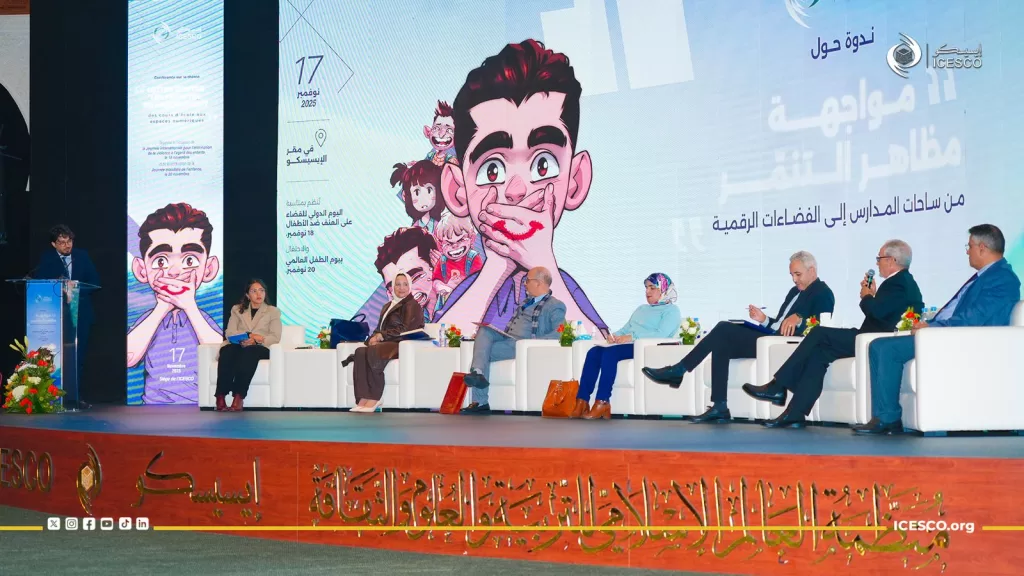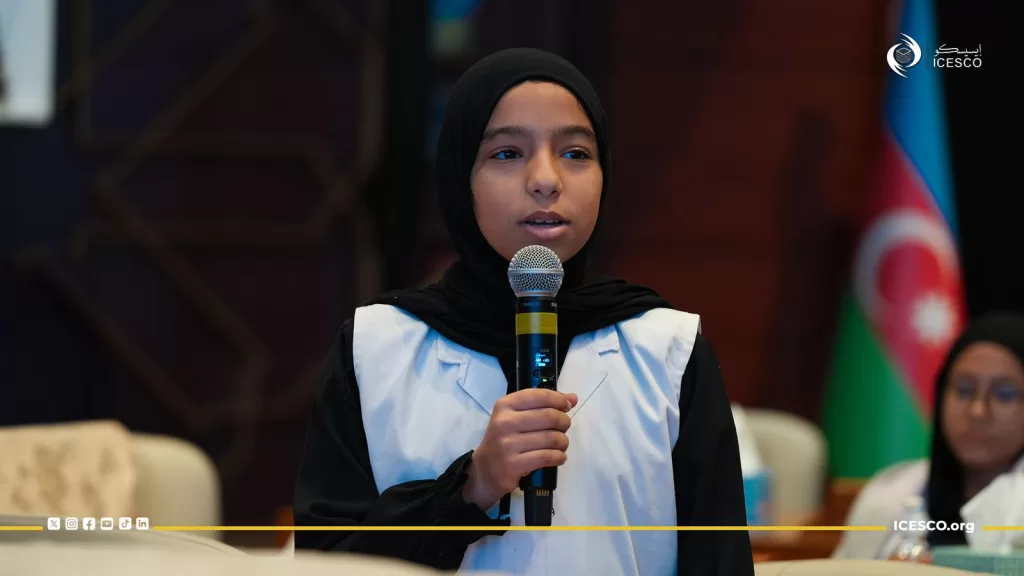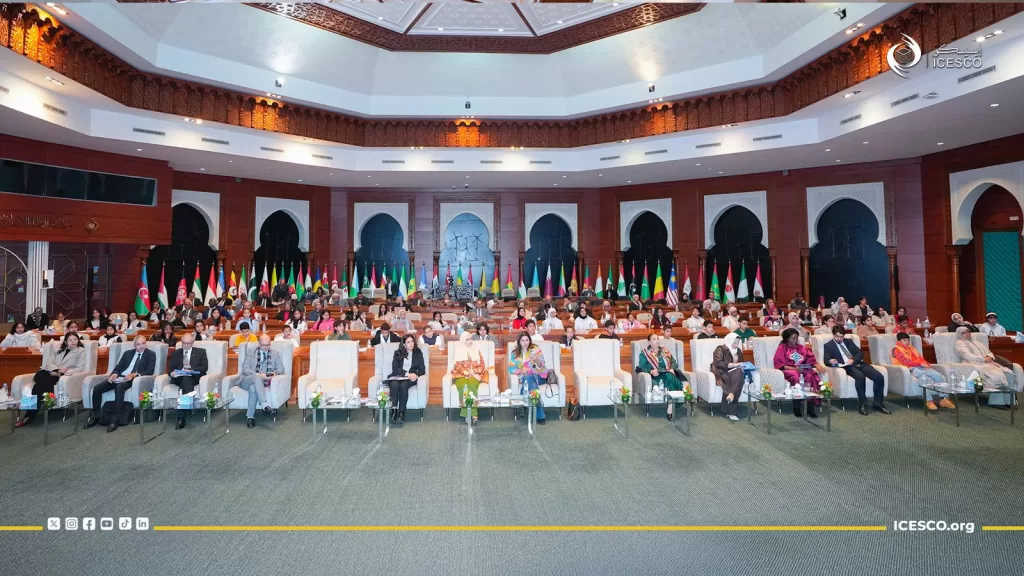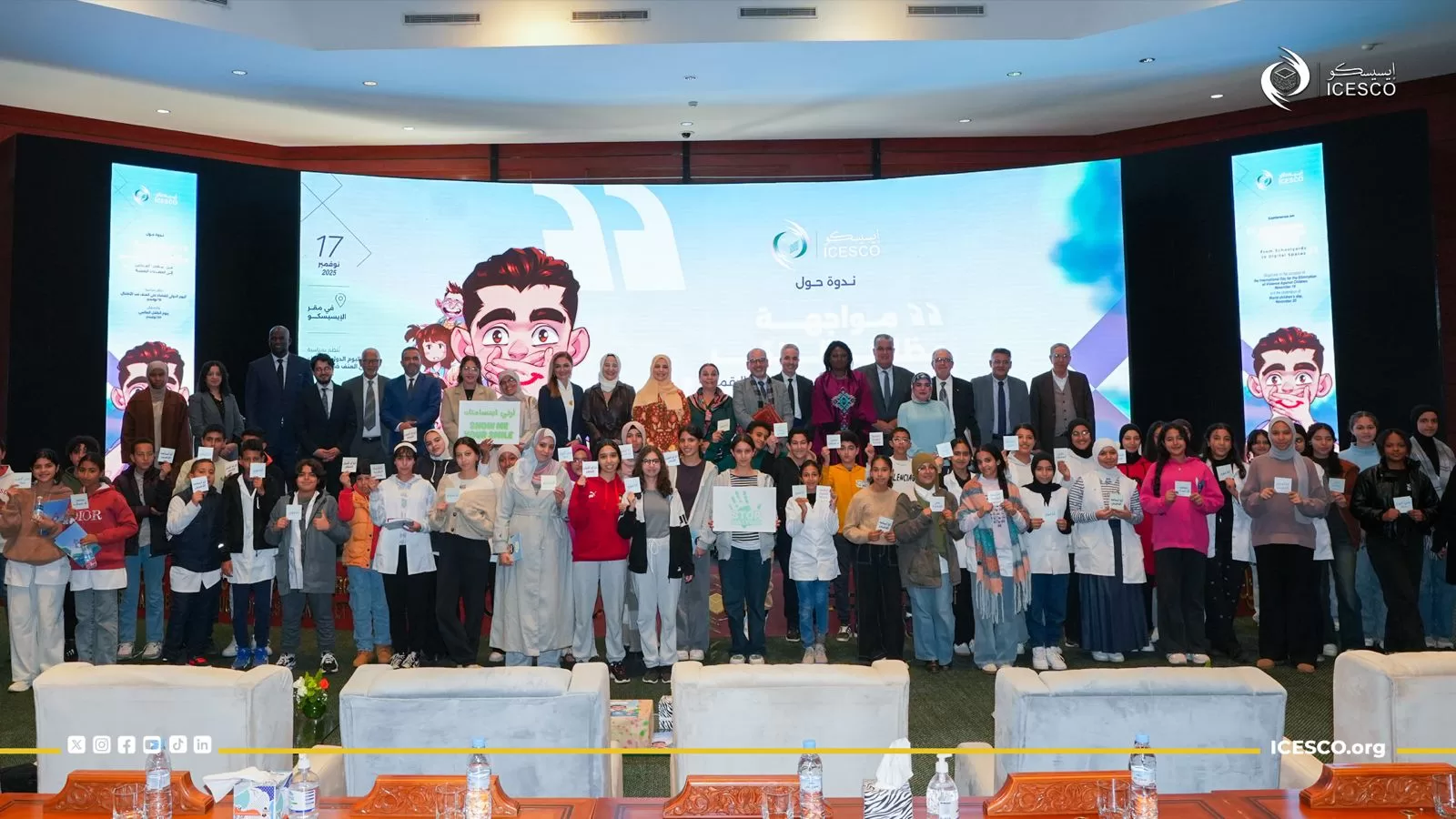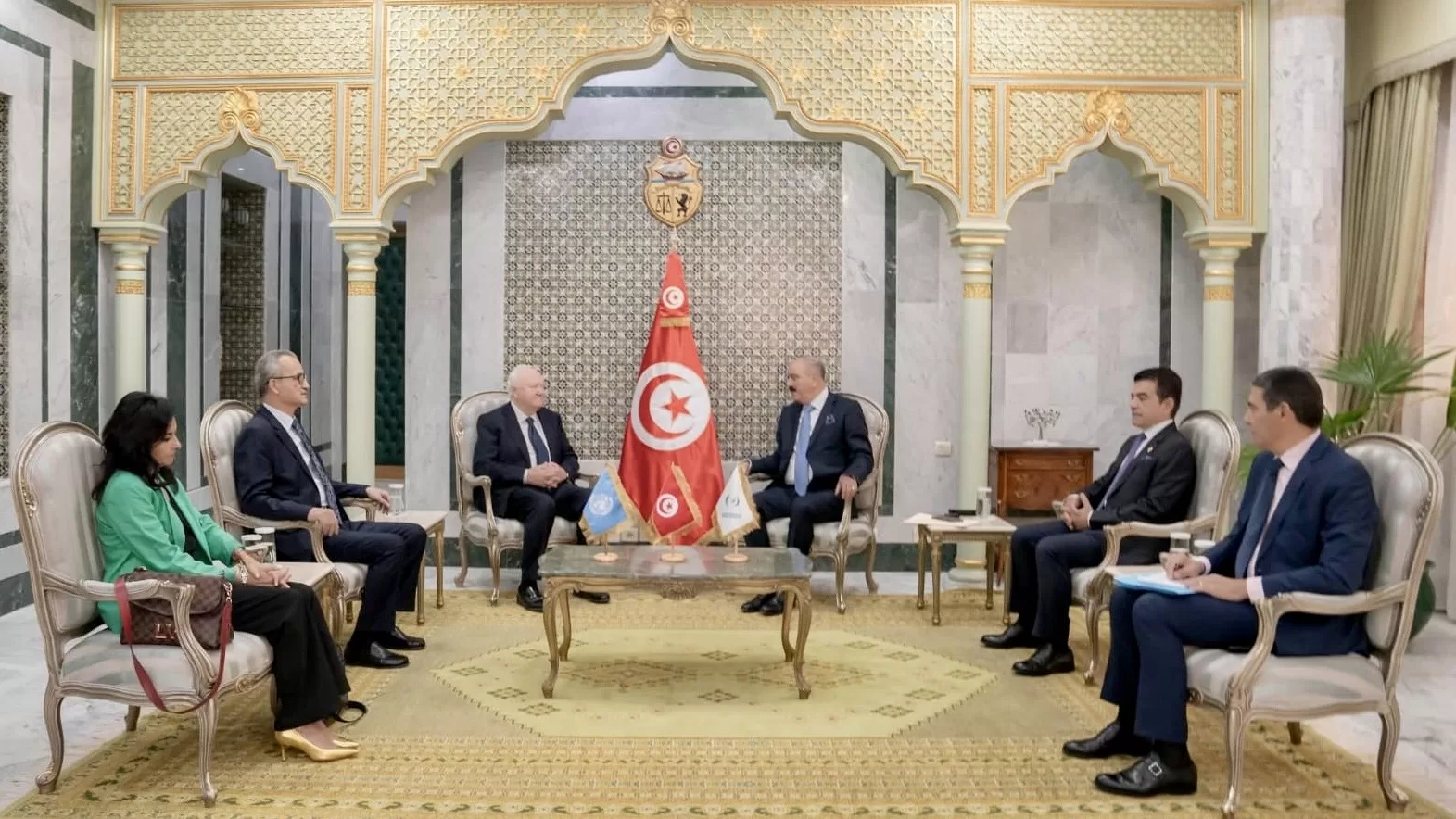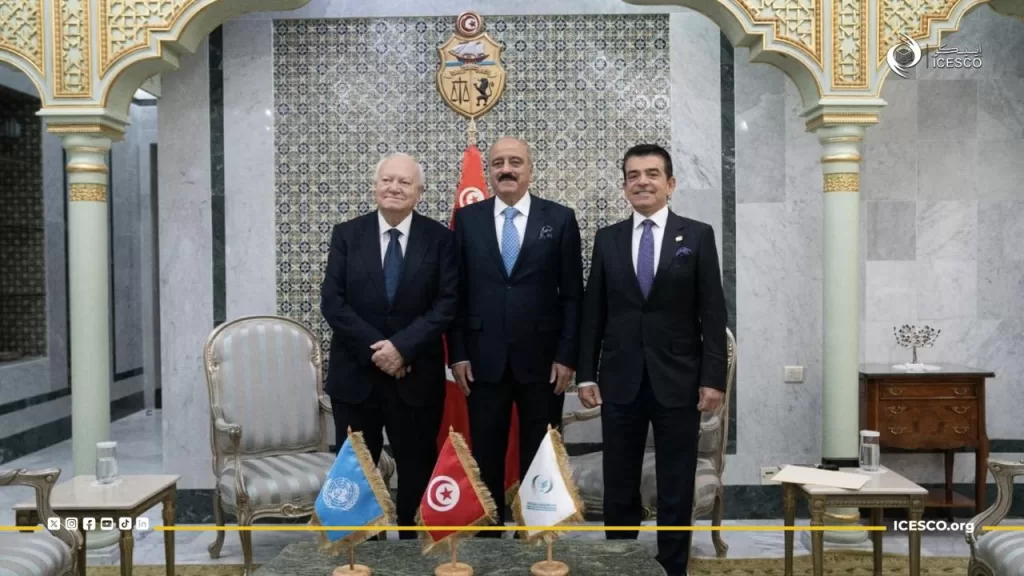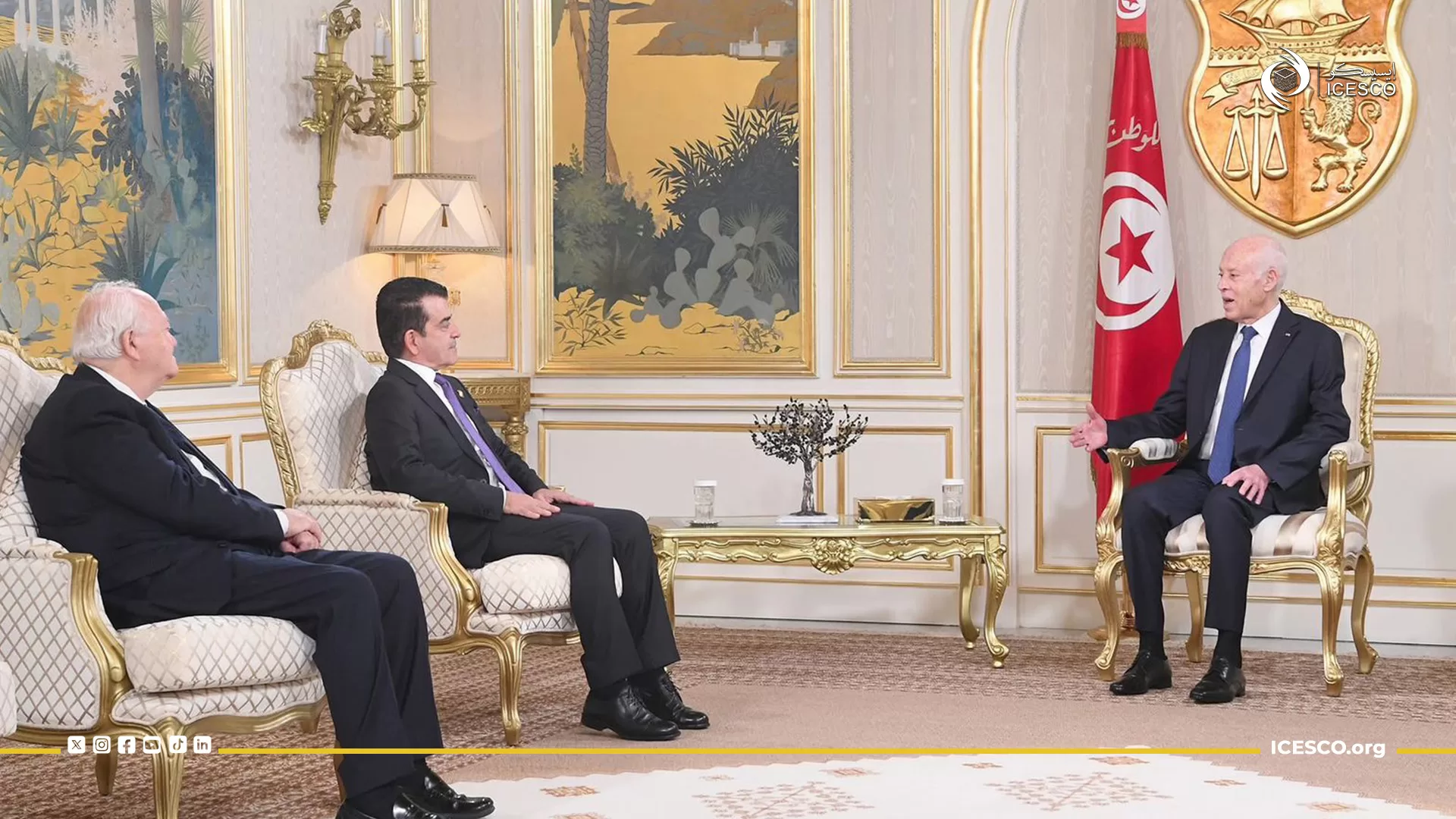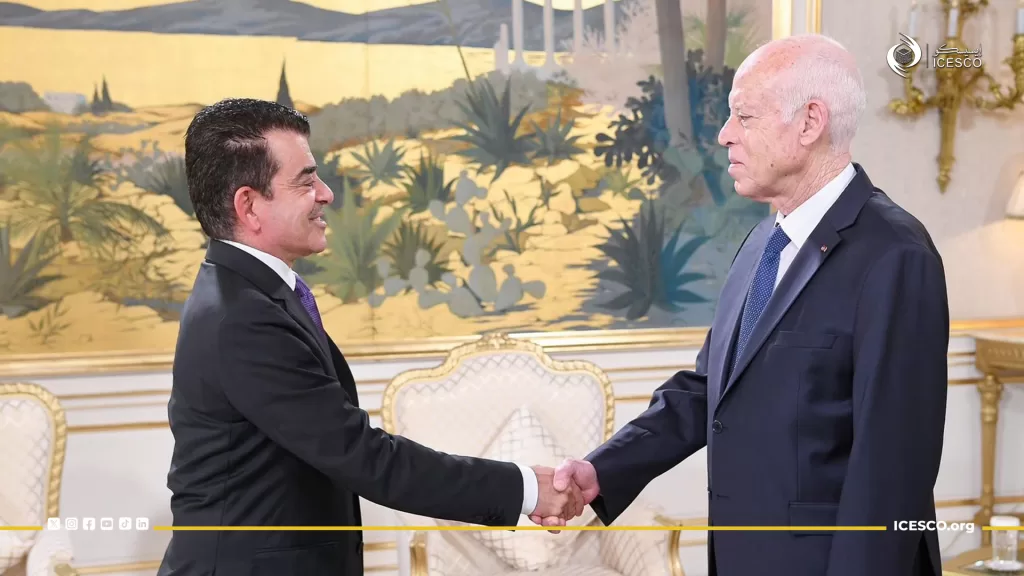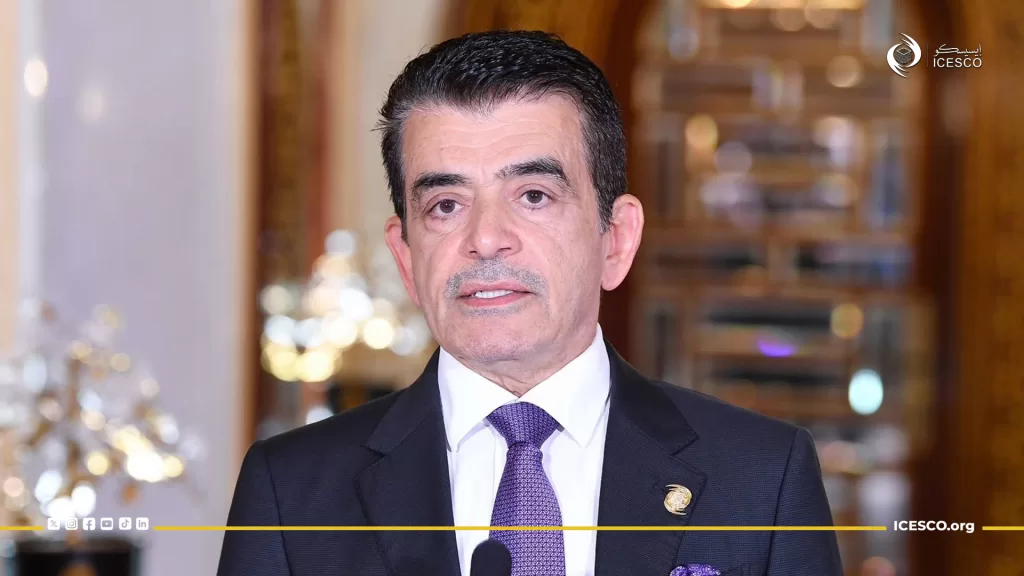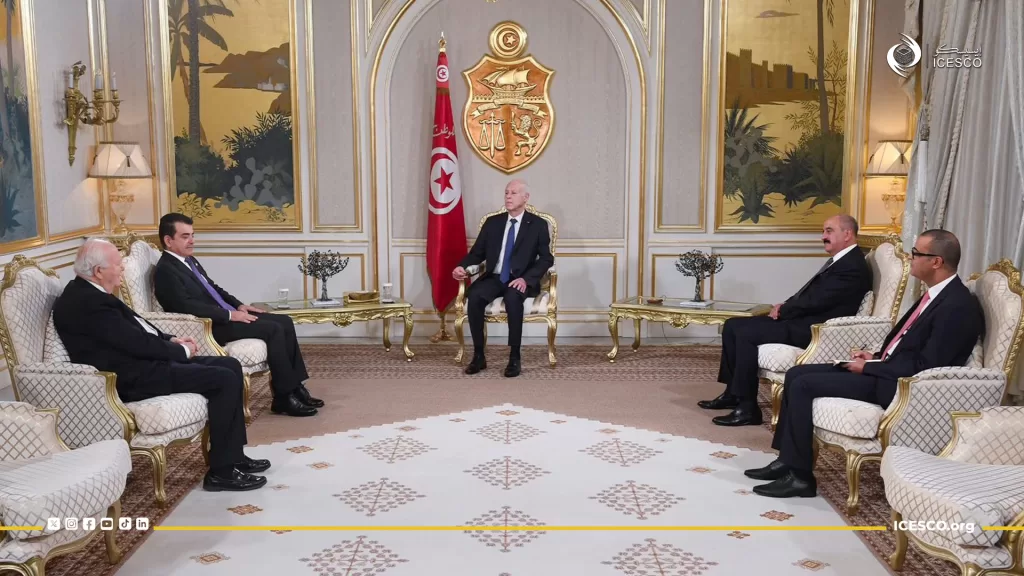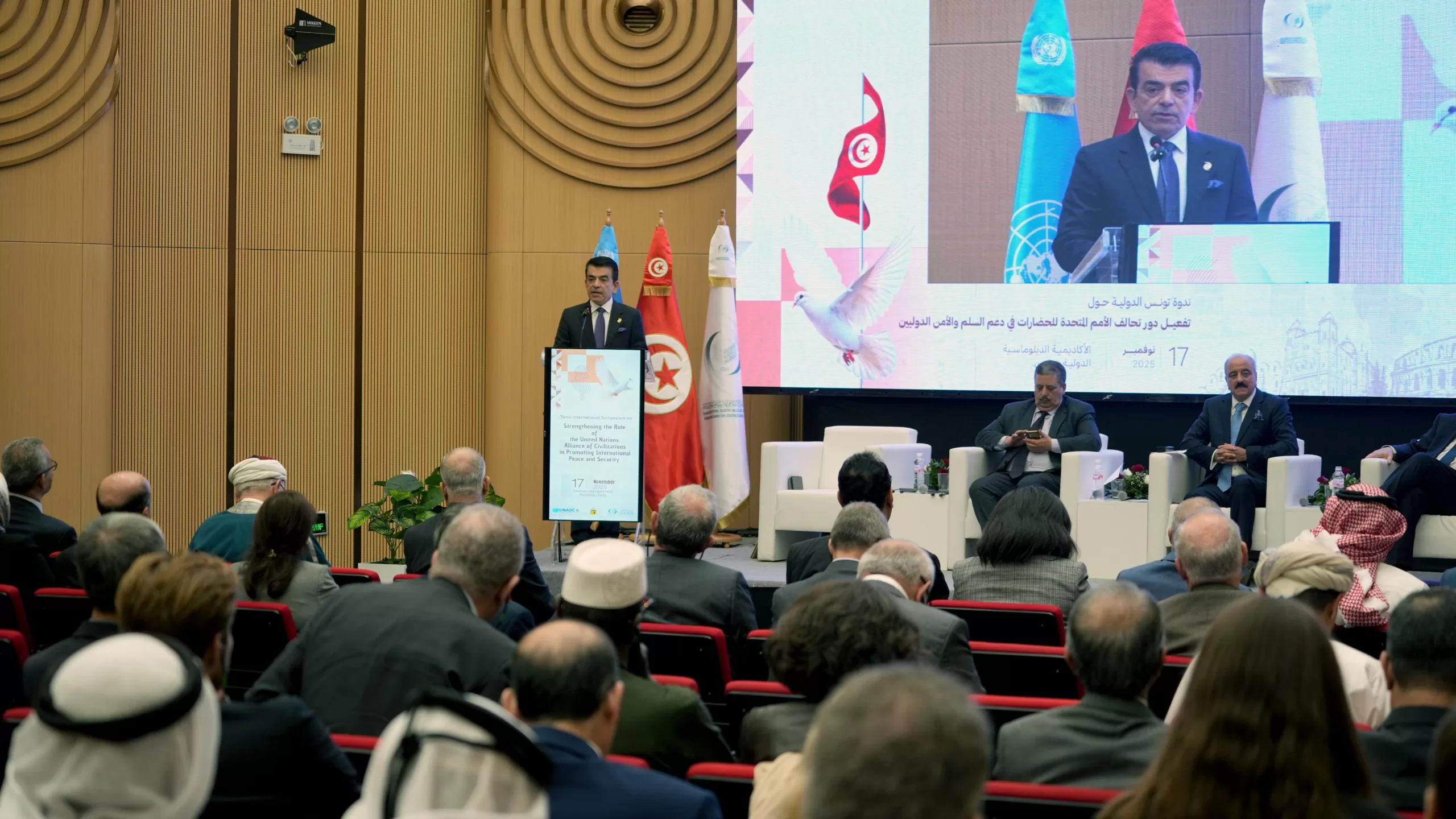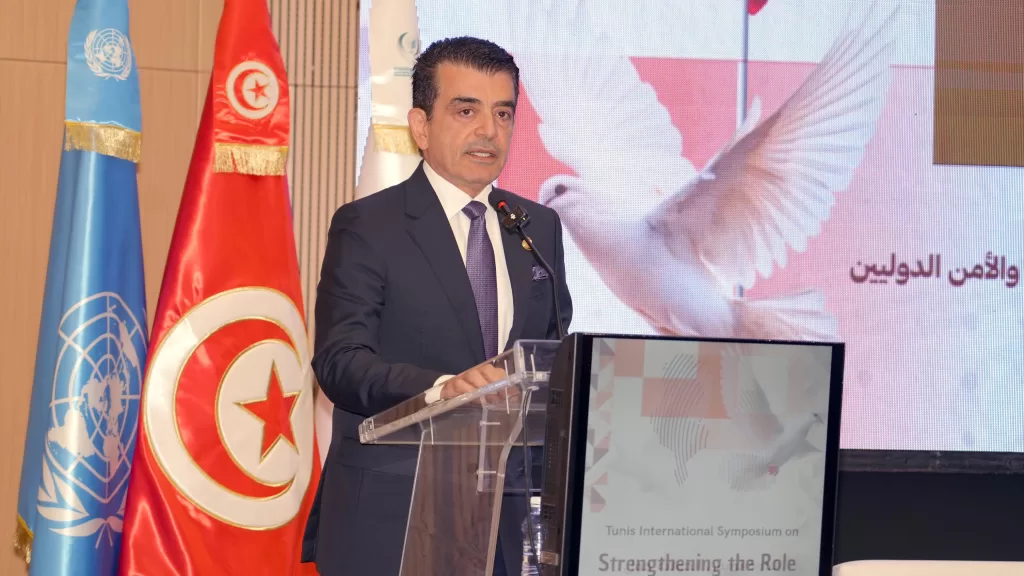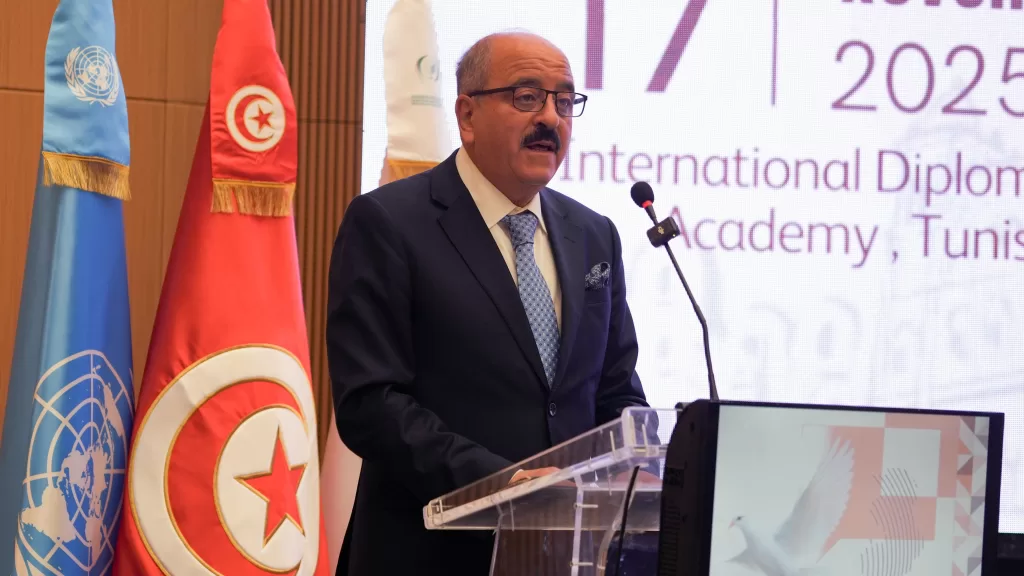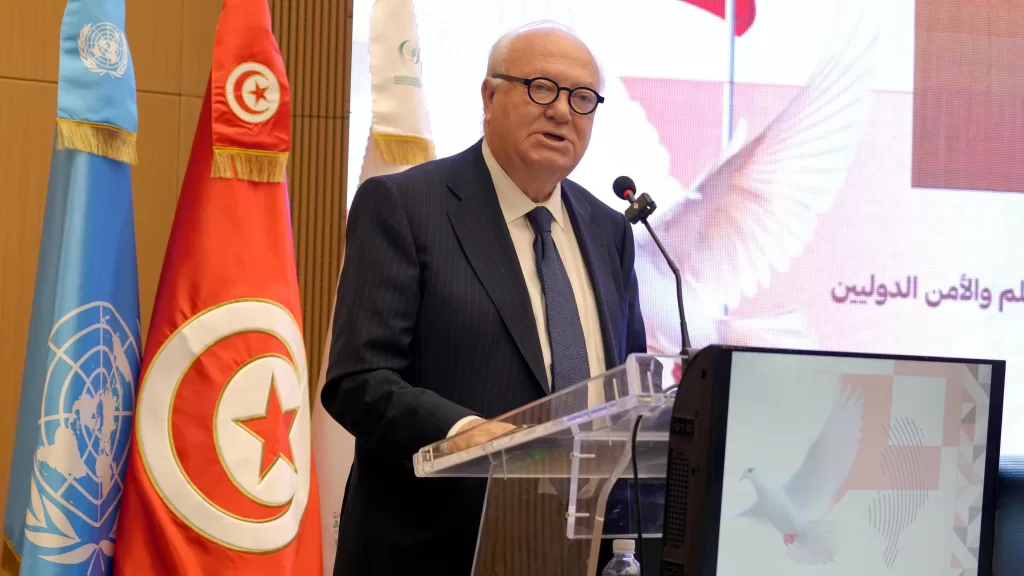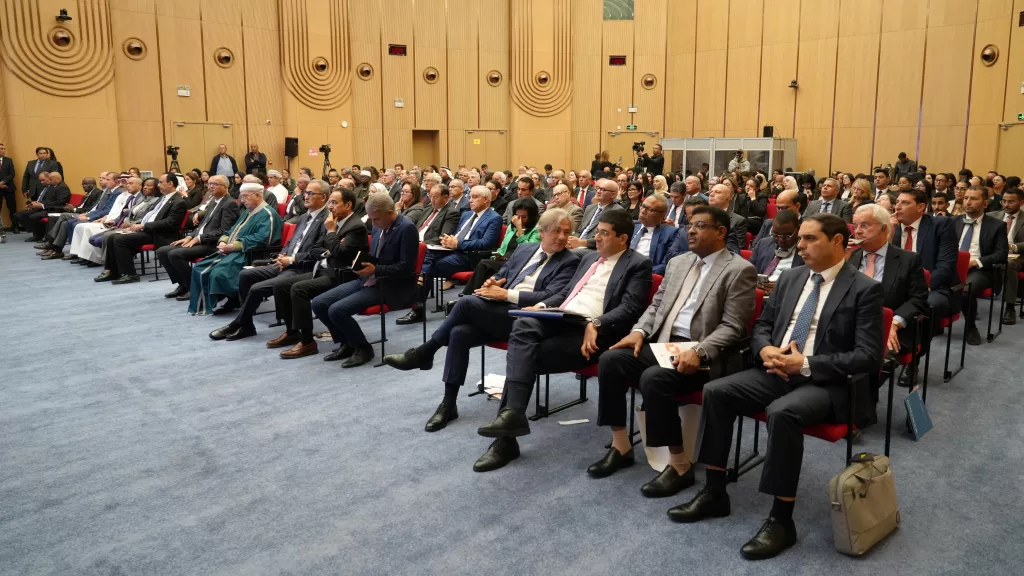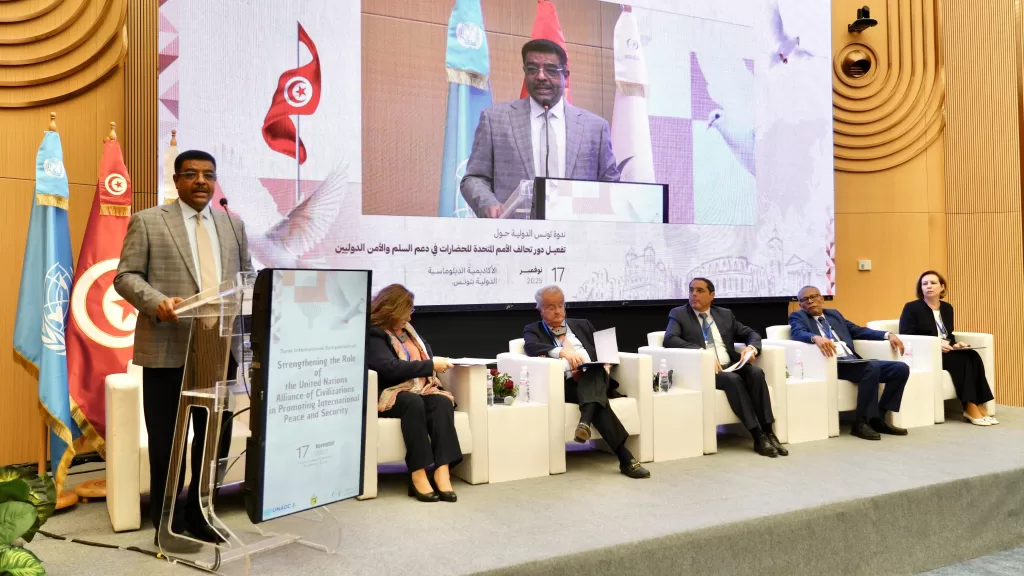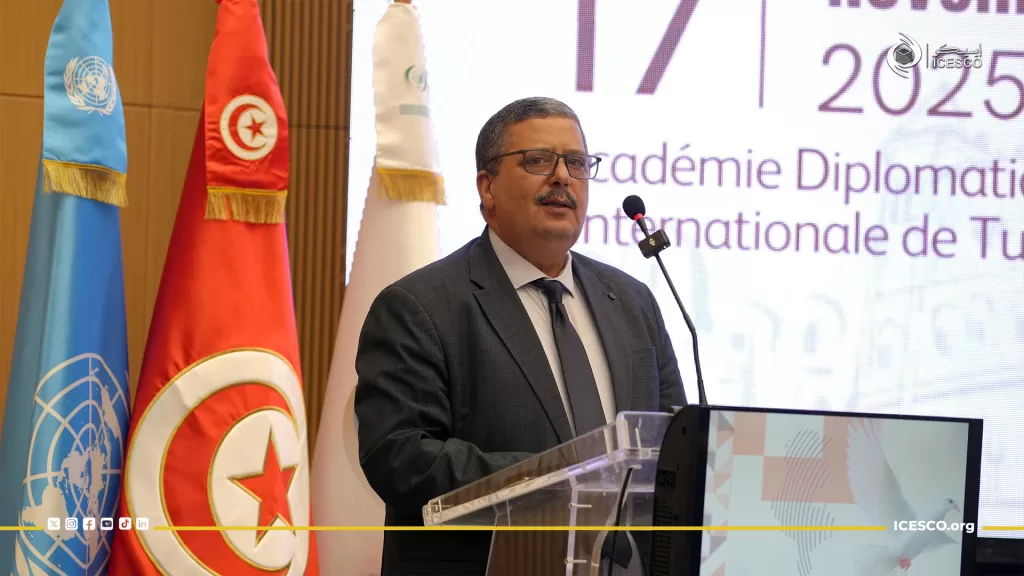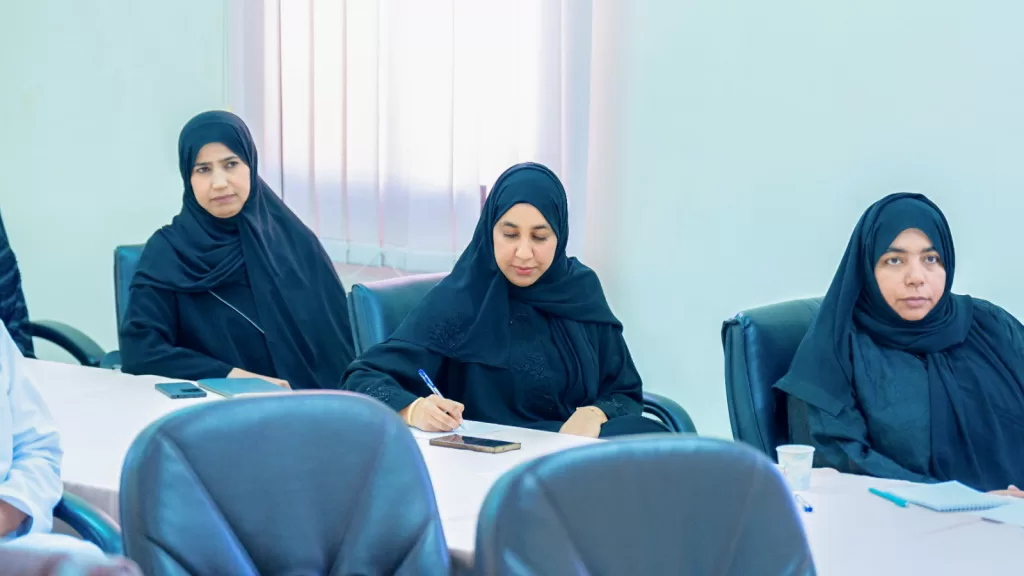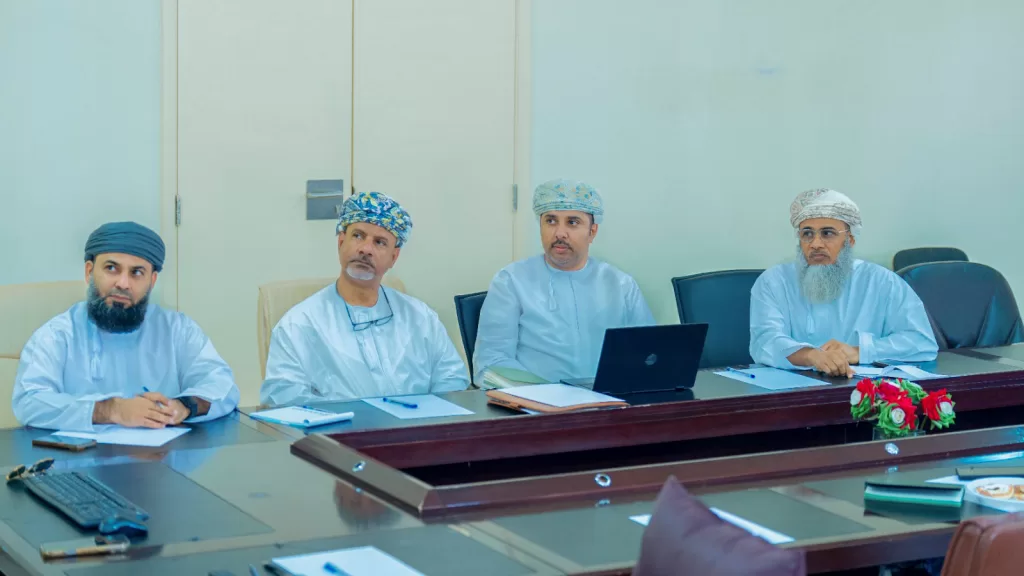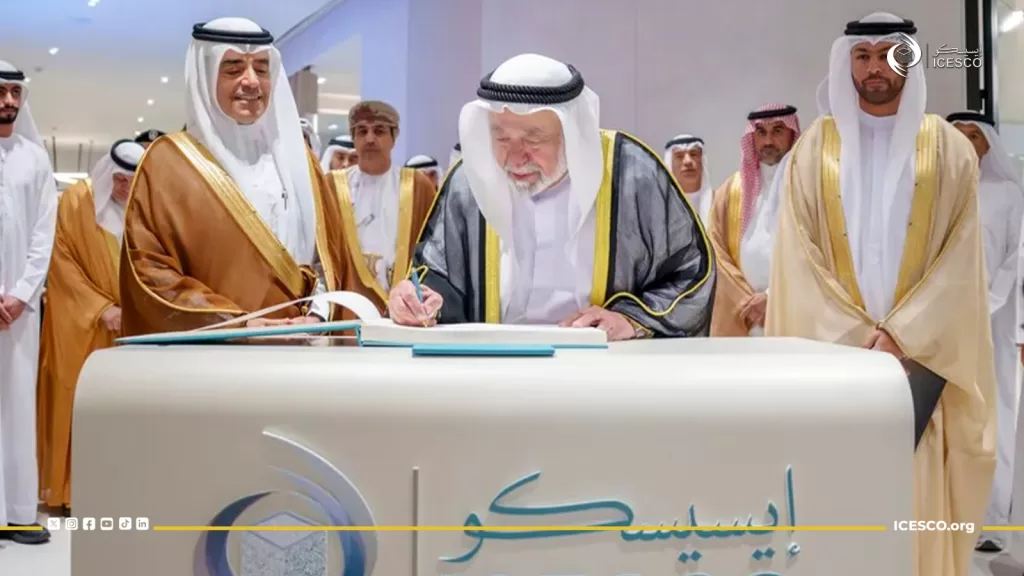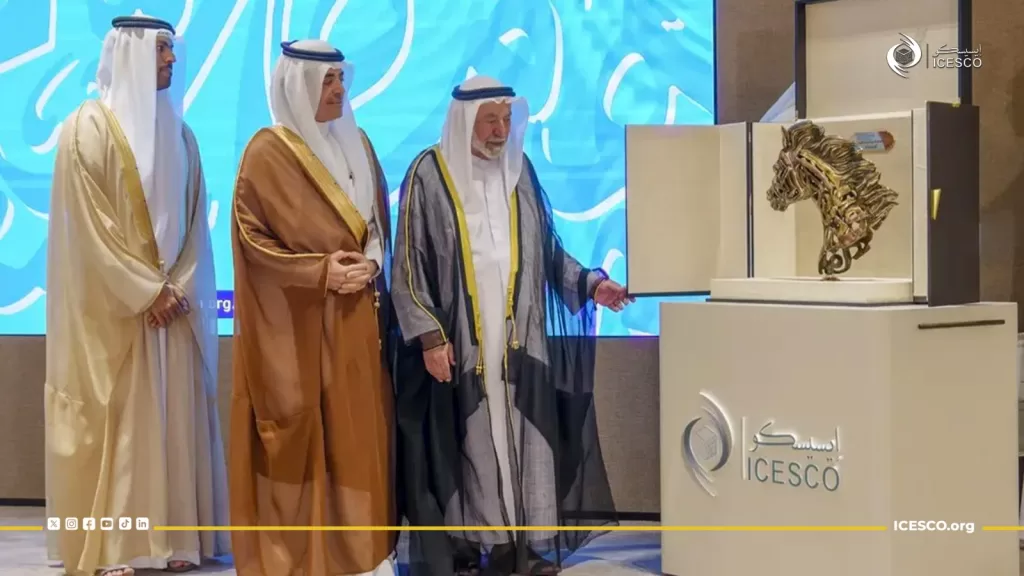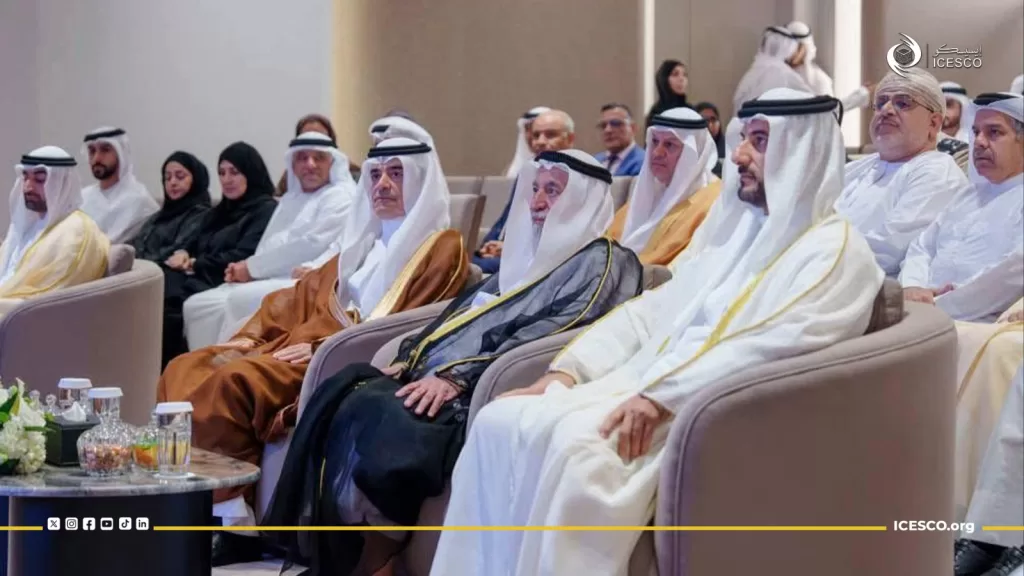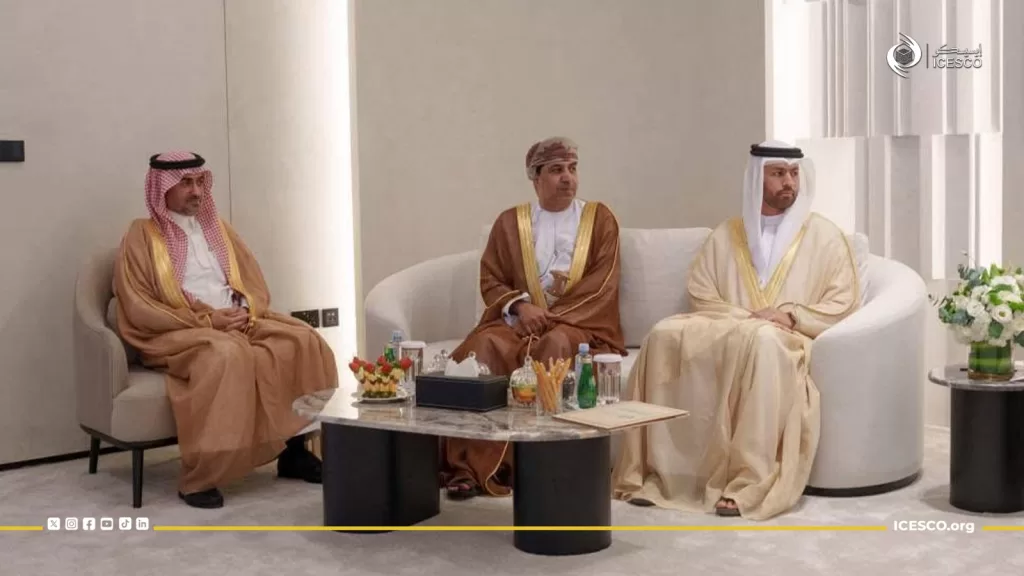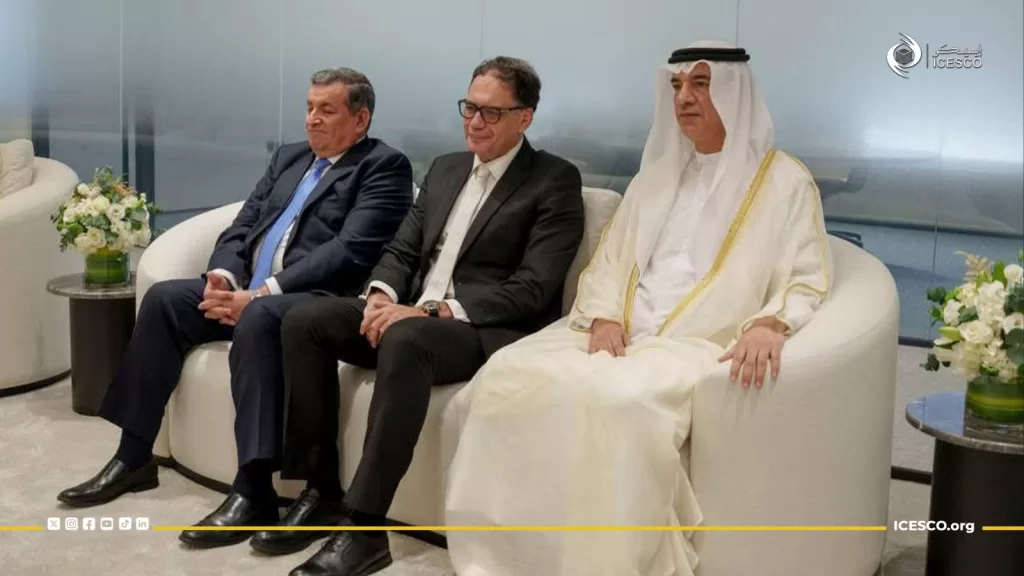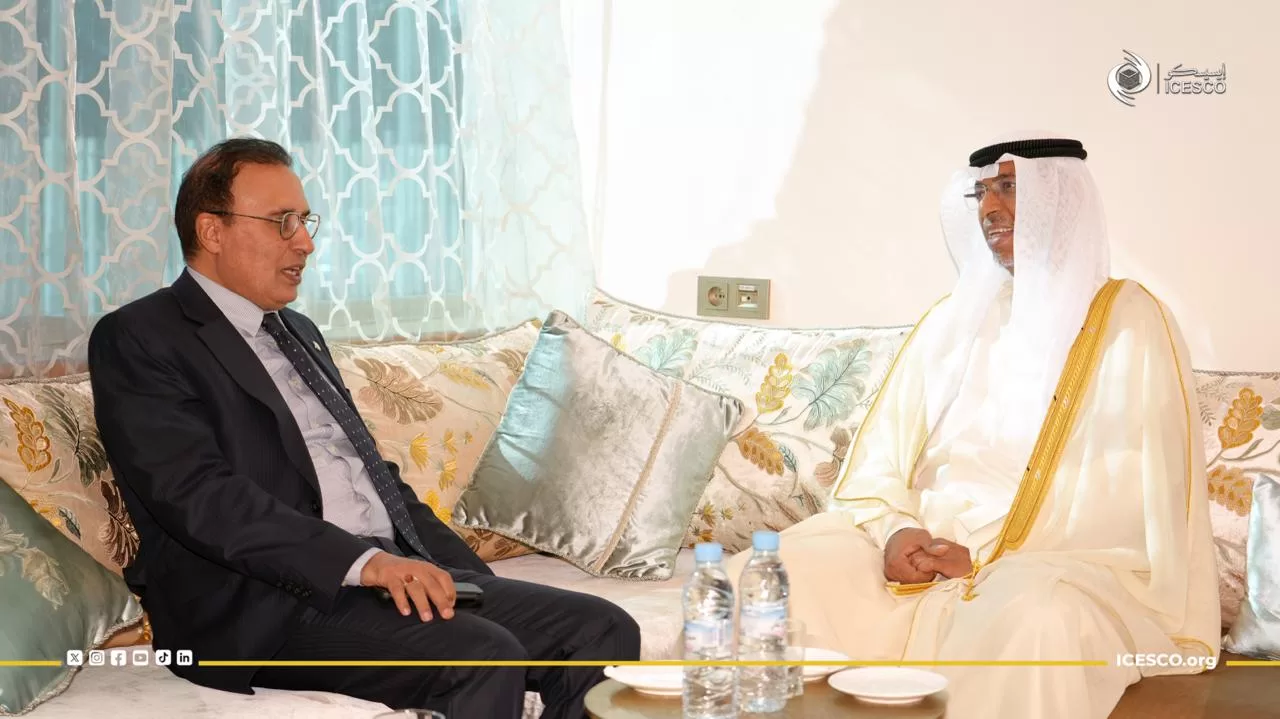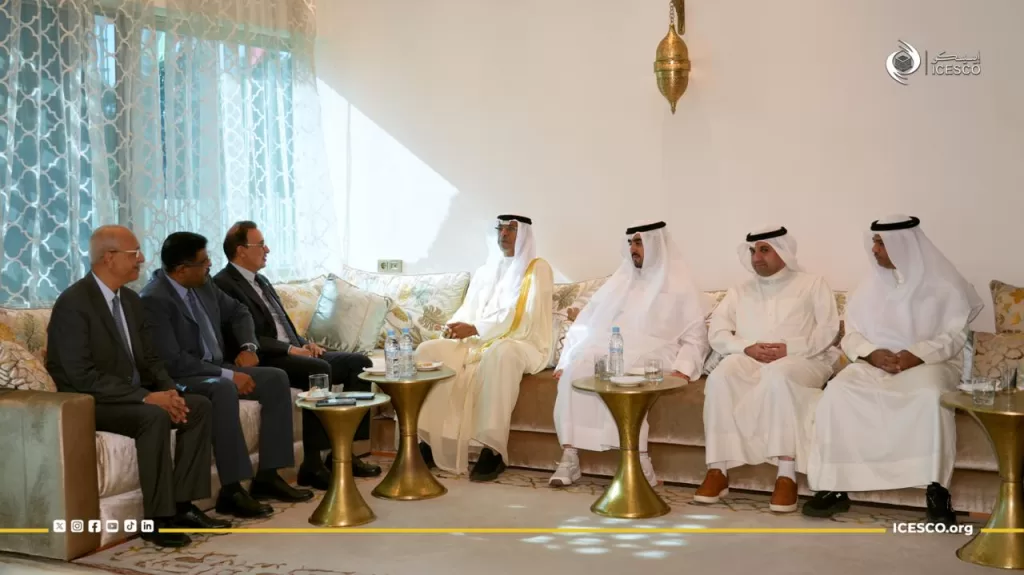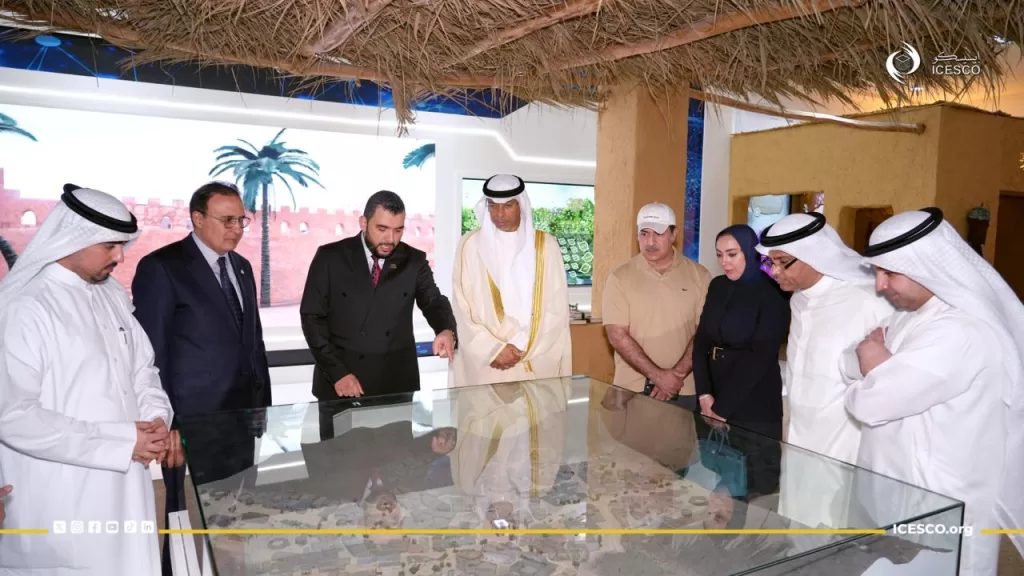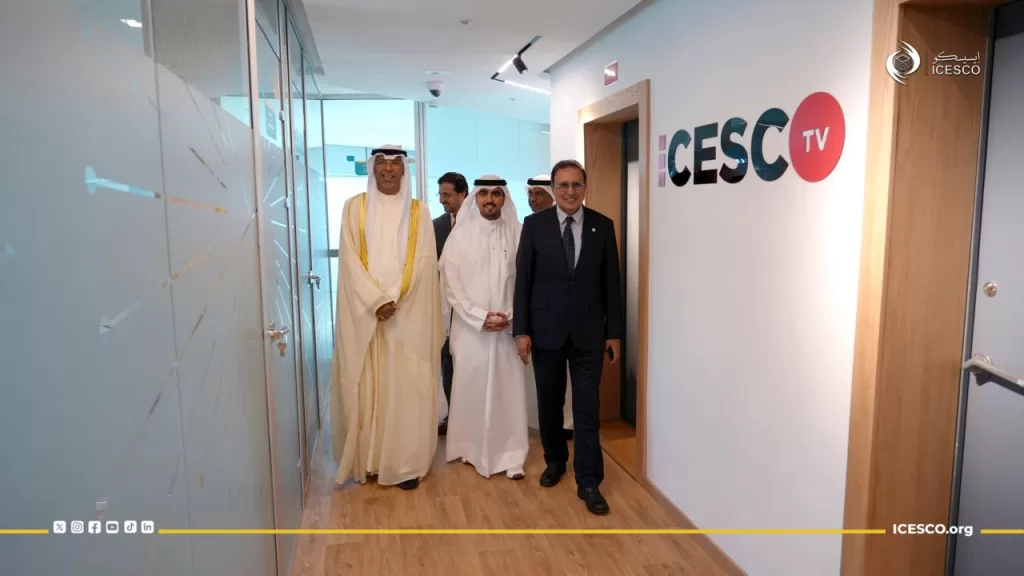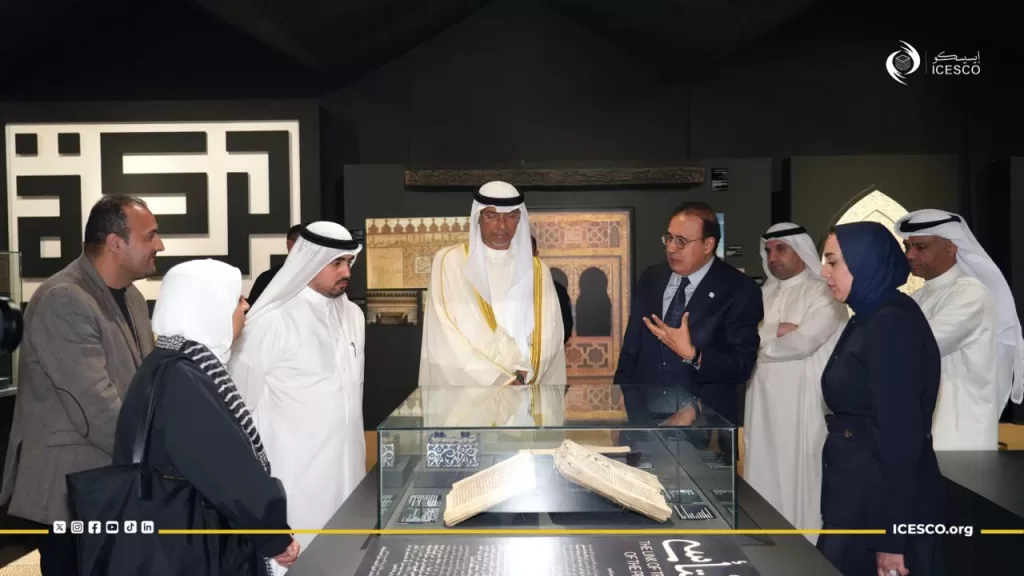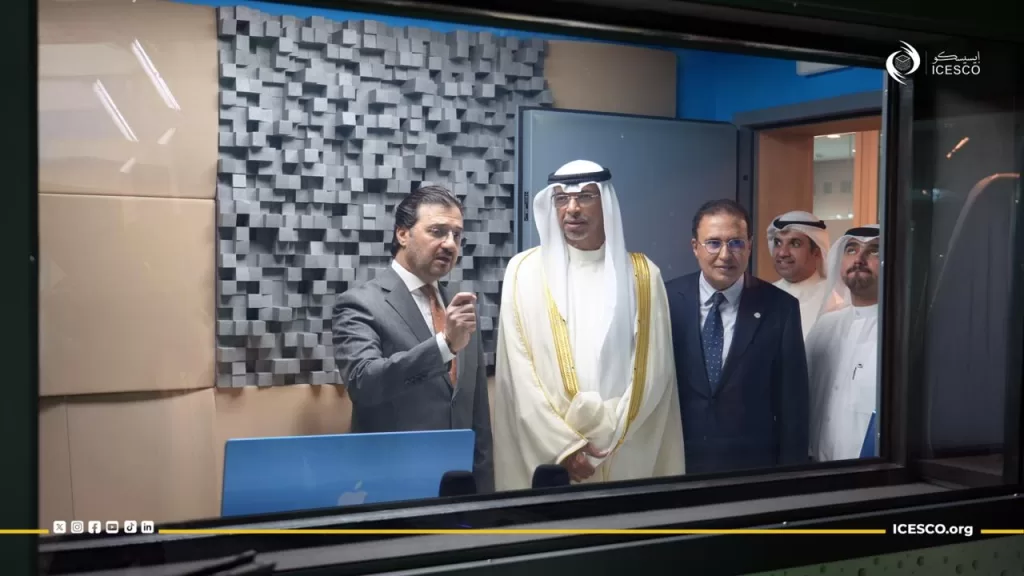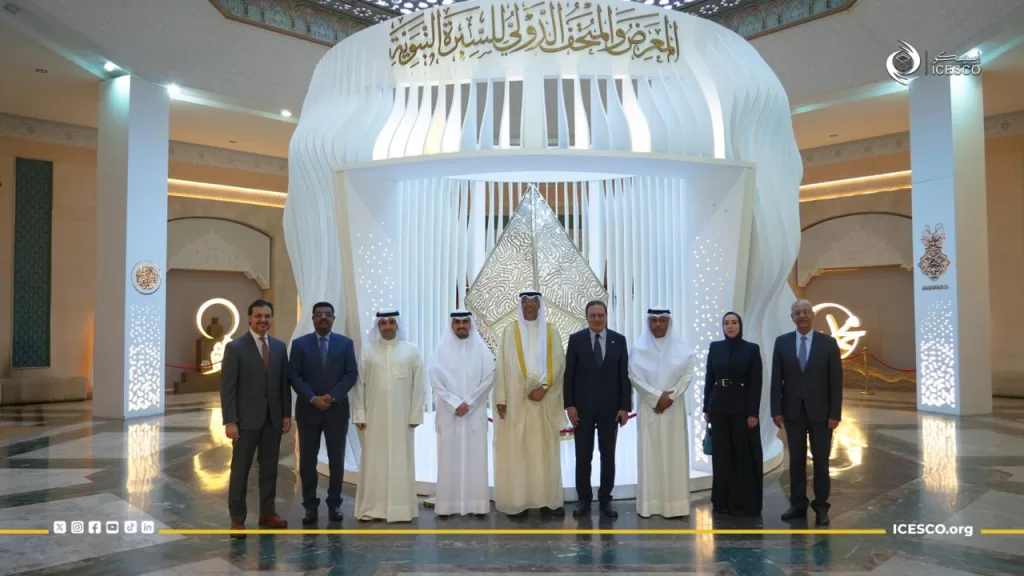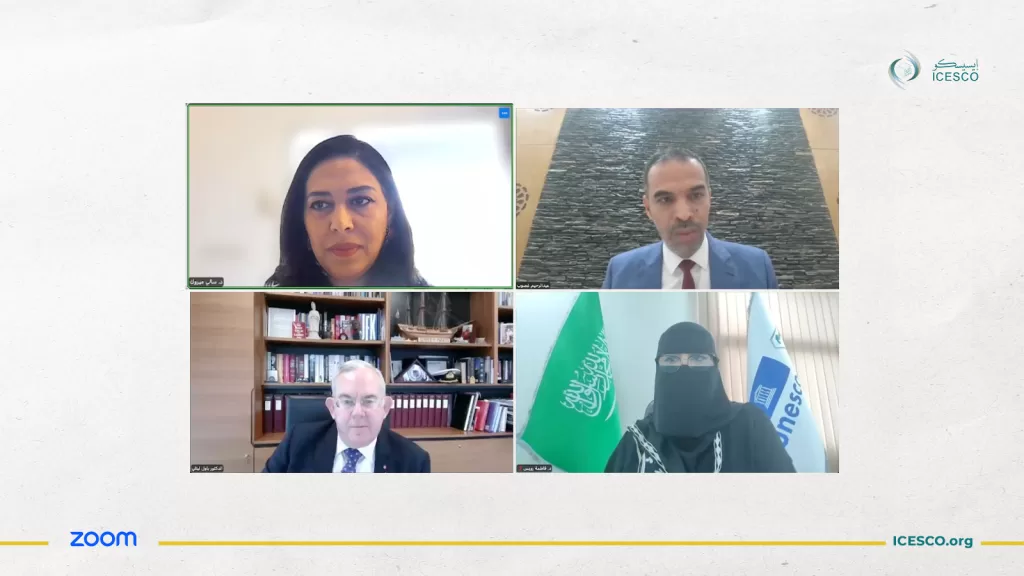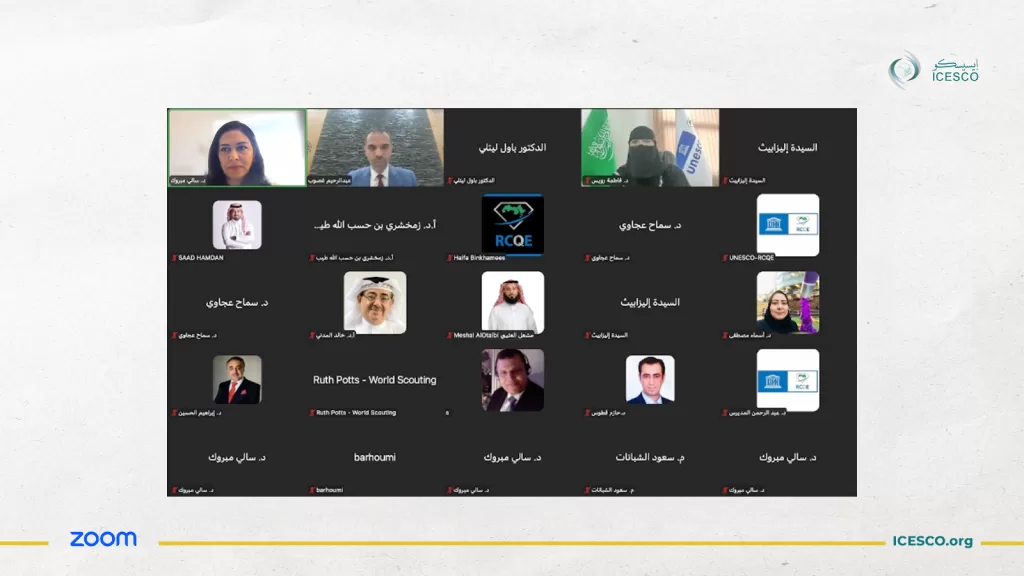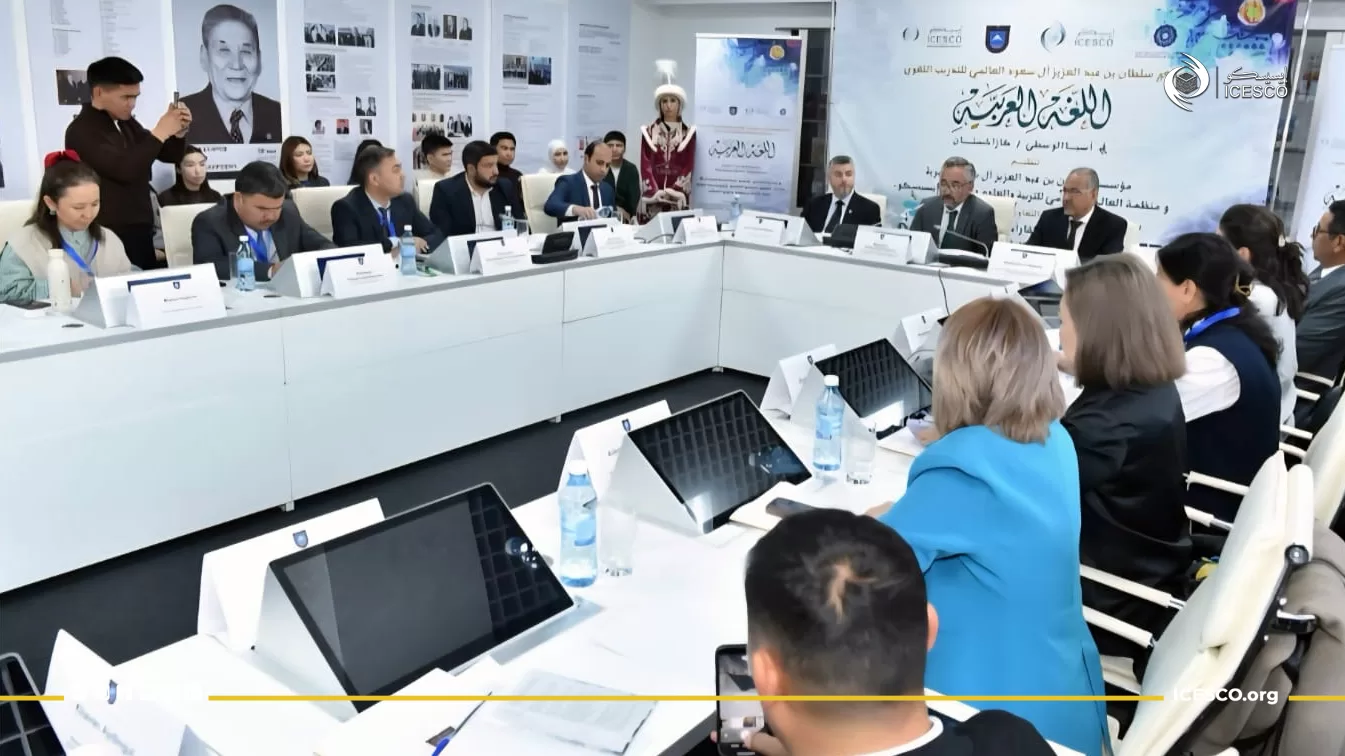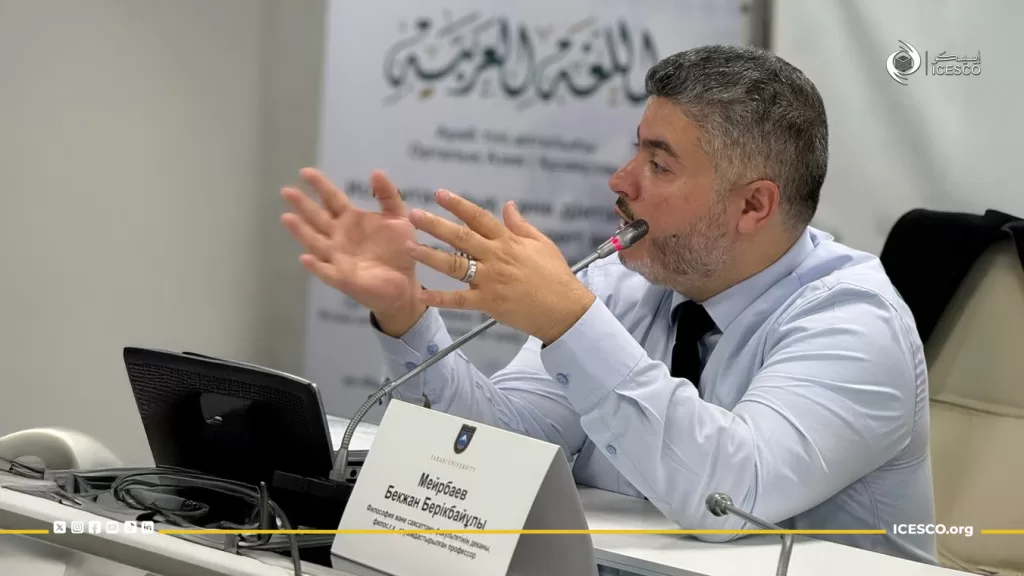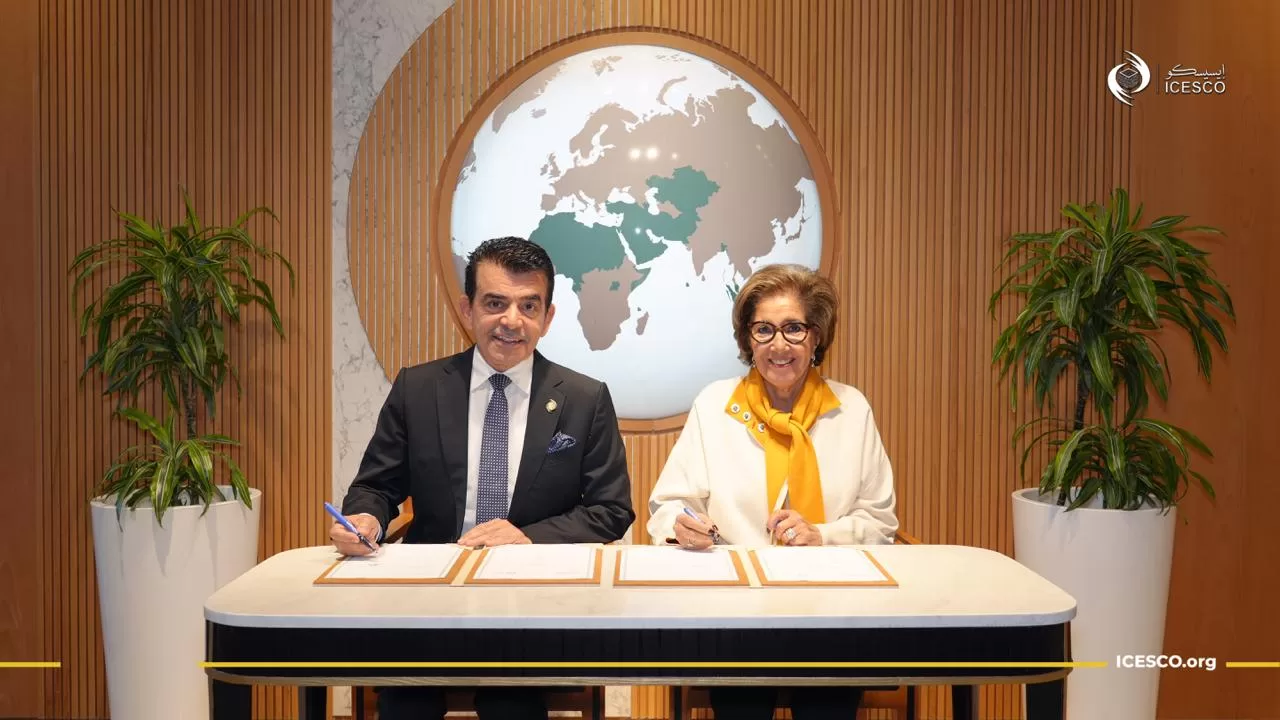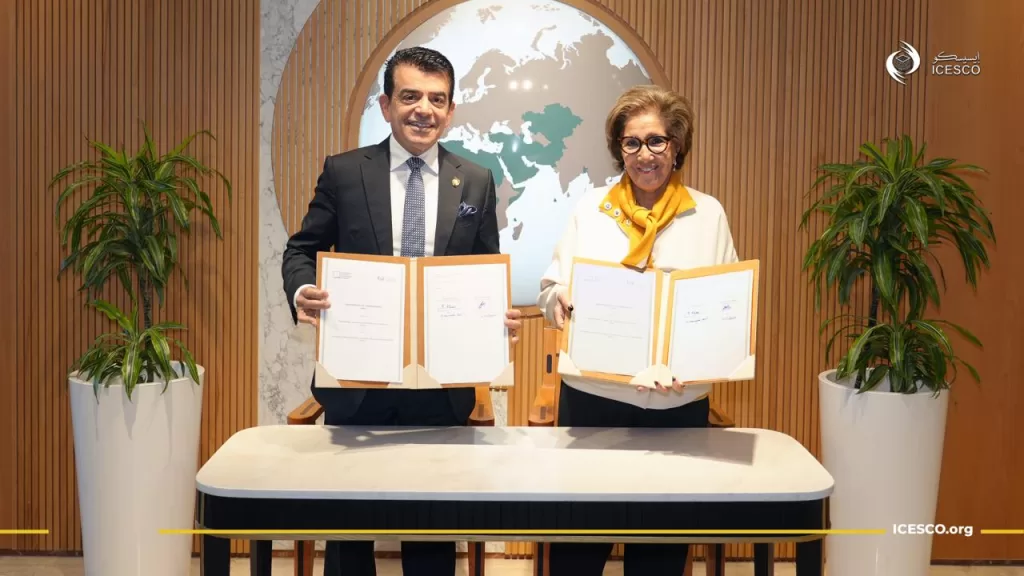On the occasion of World Children’s Day, the Islamic World Educational, Scientific and Cultural Organization (ICESCO) held a symposium at its headquarters in Rabat on Monday, 17 November 2025, under the theme “Addressing the Faces of Bullying: From Schoolyards to Digital Spaces.” The event was organized in partnership with Morocco’s Ministry of Youth, Culture and Communication, the Global Network of Religions for Children (GNRC), and the Conference of Ministers of Education of French-Speaking Countries (CONFEMEN), and brought together around 70 children alongside several education and psychology experts.
In his opening remarks delivered on behalf of ICESCO Director-General Dr. Salim M. AlMalik, Dr. Omar Halli, Advisor to the Organization’s Director-General for the Federation of the Universities of the Islamic World (FUIW), emphasized that ICESCO places children at the heart of its strategic vision and considers the protection of future generations from violence and bullying a constant priority. He highlighted the Organization’s practical initiatives and programs that reflect its firm commitment to promoting mental health and well-being among youth, noting that the “Mental Health and Well-being” program is a key pillar of this approach.
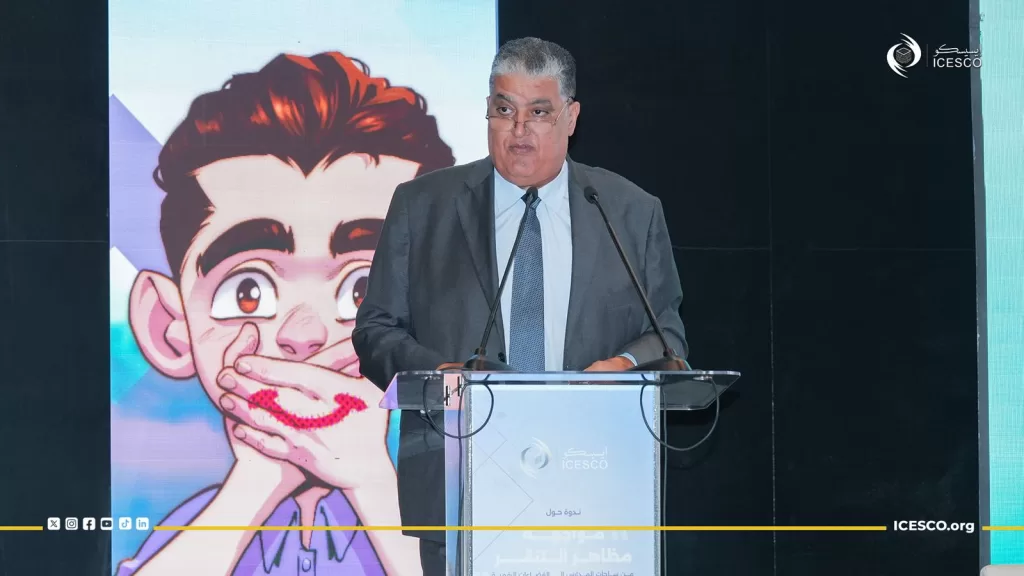
Speaking during the symposium, Dr. Yousra Bint Hussain AlJazairy, Chair of the Cultural Committee of the Diplomatic Corps in Morocco, affirmed that every child has intrinsic value and uniqueness, and that each child carries a special light unlike any other. She stressed that differences in appearance, voice, or expression are not flaws but sources of distinction and beauty, offering children advice on self-respect and rejecting mistreatment.
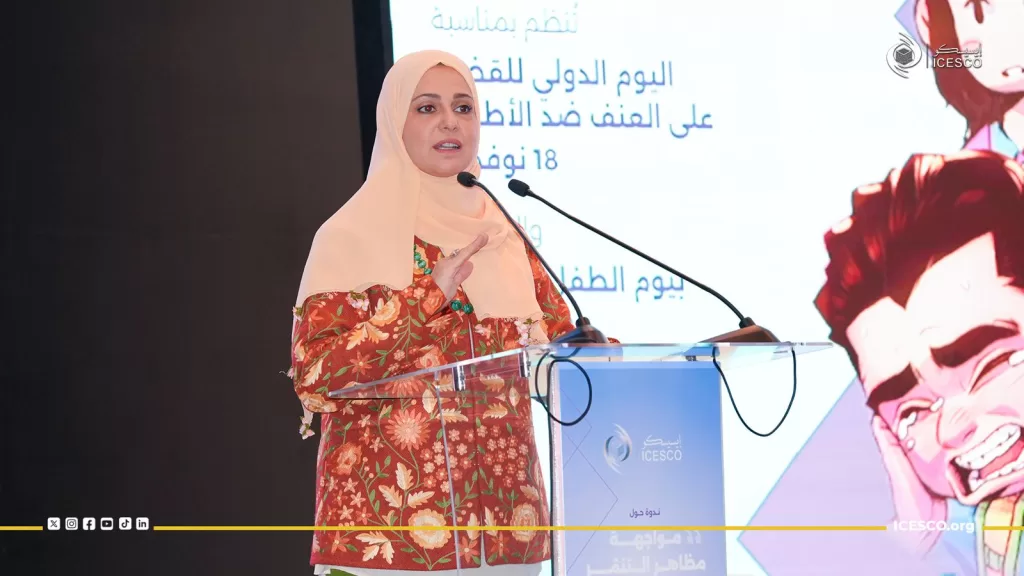
In a recorded address, Ms. Bahar Avaz Muradova, Chair of the State Committee for Family, Women and Children Affairs of Azerbaijan, reaffirmed her country’s commitment to protecting children and combating all forms of violence. She outlined several ongoing initiatives, including “Child-Friendly Spaces” and “Family and Child Support Centers,” as well as nationwide anti-violence campaigns.
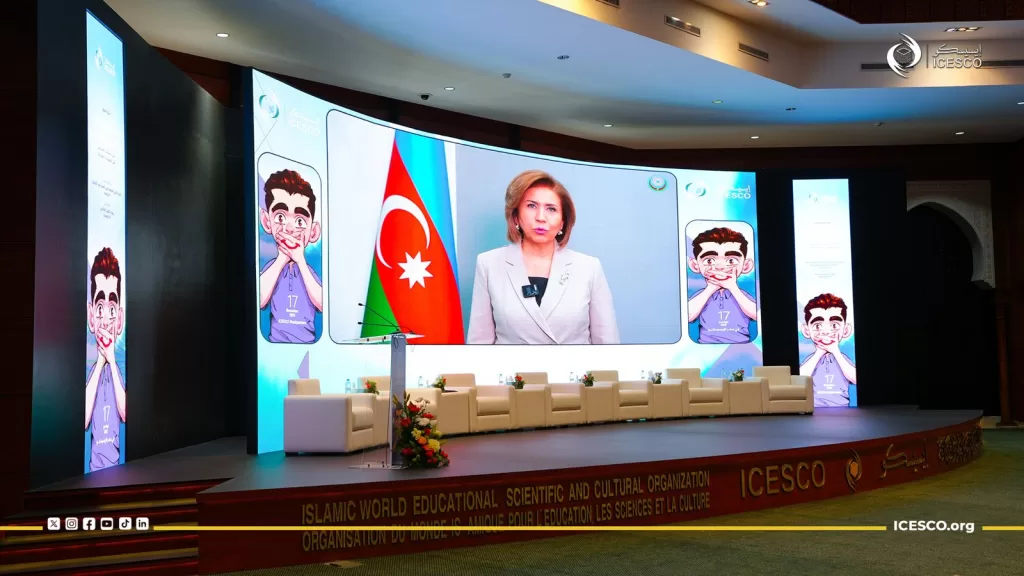
Next, Ms. Kenza Abourmane, Head of the Youth Department at Morocco’s Ministry of Youth, Culture and Communication, praised the ongoing collaboration with ICESCO in producing educational content for children and adolescents. She noted the alignment of ICESCO’s film “Show Me Your Smile,” which addresses school bullying, with national efforts to combat violence in educational settings.
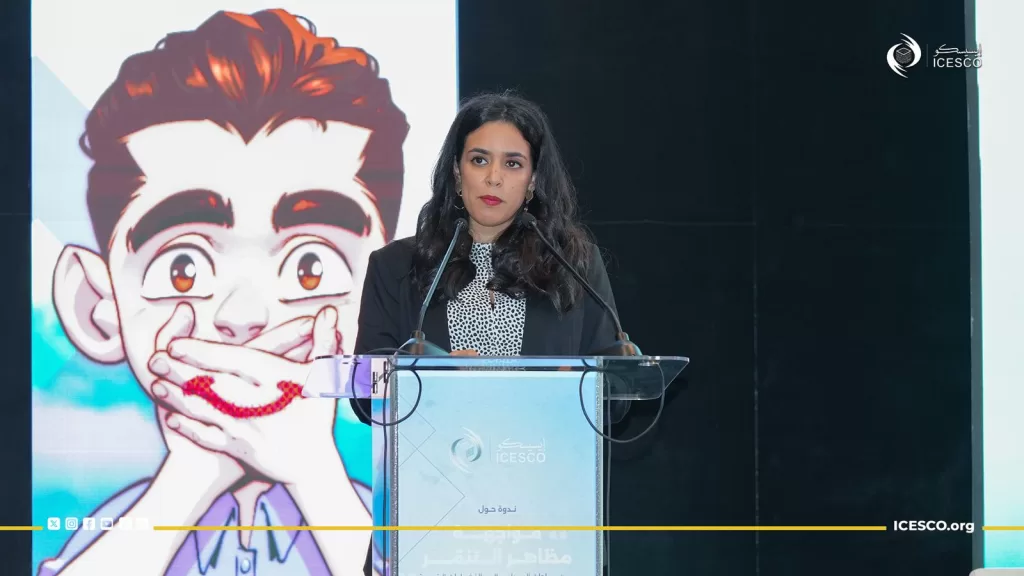
In his recorded remarks, Mr. Abdel Rahamane Baba-Moussa, Secretary-General of CONFEMEN, stated that turning any story into an animated film provides an effective educational tool that resonates with all age groups in schools. Mr. Mustafa Ali, Secretary-General of GNRC, underscored that a safe child is the foundation of a safe world, affirming the convergence of this initiative with the GNRC’s vision to enhance children’s psychological and social protection.
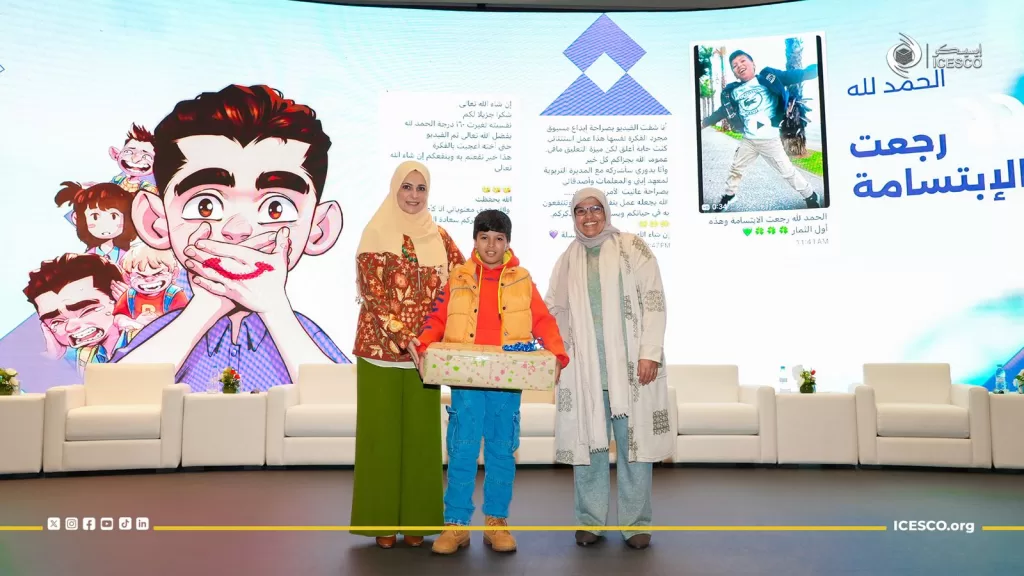
The symposium featured a panel discussion moderated by Dr. El Hajjami Hassan, expert in ICESCO’s Social and Human Sciences Sector, with participation from educators, psychologists, and school administrators. The panel explored the latest educational and psychological approaches to combating bullying. The event concluded with a dedicated session for children, during which they shared their experiences and perspectives on confronting bullying.
